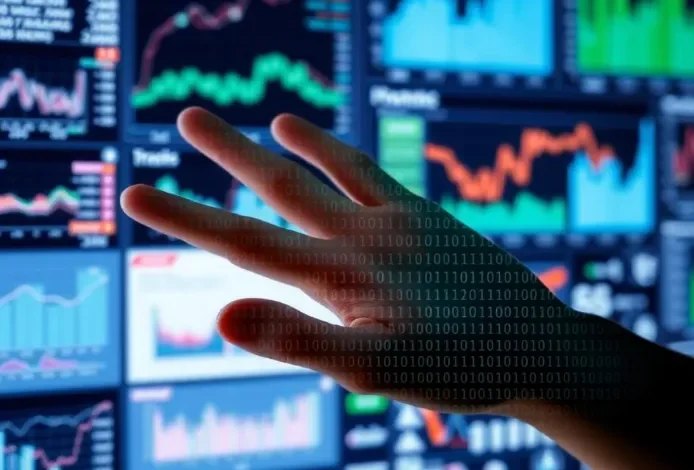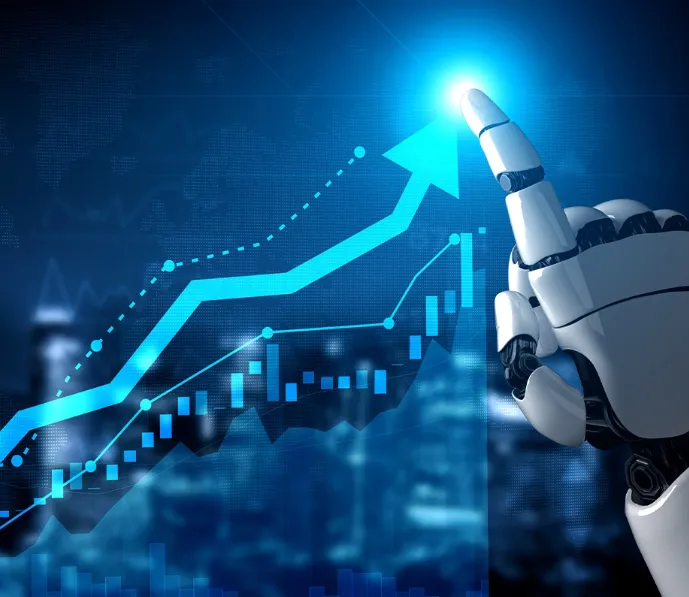AI and Influencer Marketing: Redefining Strategies for the Digital Age

The digital marketing world evolves at breakneck speed, and businesses must constantly adapt to keep their audience engaged. Among the many innovations reshaping the landscape, Artificial Intelligence (AI) has emerged as a powerful force, particularly within influencer marketing. By reshaping campaign strategies, improving targeting, and refining measurement tools, AI is not only making influencer marketing more efficient but also more impactful.
What Influencer Marketing Really Means
At its core, influencer marketing is about tapping into the trust and credibility that certain individuals have built with their audiences. These influencers—whether industry experts, lifestyle creators, or niche community leaders—hold sway because their followers see them as authentic voices. Brands partner with them to connect with audiences in a more organic and relatable way, leveraging both reach and trust to strengthen visibility and drive sales.
How AI is Shaping Influencer Marketing
The introduction of AI has dramatically changed how brands approach every step of influencer marketing. From selecting the right collaborators to tracking performance, AI makes the process smarter and more data-driven.
Audience Insights and Segmentation
AI tools can sift through vast amounts of social data, offering clear insights into customer demographics, behaviors, and interests. With this level of detail, businesses can pinpoint influencers who truly resonate with their ideal audience, ensuring campaigns feel relevant and personal.
Smarter Influencer Discovery
Finding the right influencer used to mean hours of research and guesswork. Now, AI platforms can analyze engagement rates, follower authenticity, and content style to recommend creators who align closely with brand values and campaign goals.
Content and Campaign Optimization
Success in influencer marketing hinges on producing content that connects. AI analyzes past performance data to predict which types of posts—videos, reels, blogs, or photos—are most likely to generate strong engagement. This helps both brands and influencers refine strategies to achieve maximum impact.
Performance Tracking in Real Time
Campaign evaluation no longer has to wait until the end. AI-driven analytics track reach, engagement, and conversions as they happen. This gives brands the ability to fine-tune campaigns on the fly, adjusting strategies to maintain momentum and improve outcomes.
Tackling Challenges with AI
AI brings efficiency, but it also helps solve some of influencer marketing’s biggest hurdles.
Fraud Prevention
Fake followers and bot-driven engagement are ongoing problems in the industry. AI can detect unusual activity patterns, helping brands identify genuine influencers and protect budgets from being wasted on inflated numbers.
Ethics and Brand Safety
With AI’s ability to generate content, concerns around misinformation and manipulated visuals are growing. This makes human oversight crucial. Brands need to ensure that AI-assisted campaigns remain transparent, accurate, and consistent with their values to maintain audience trust.
The Emergence of AI-Generated Influencers
Another fascinating trend is the rise of virtual influencers—digital personalities created entirely through AI. Figures like Lil Miquela have proven that audiences are willing to engage with these synthetic influencers, often treating them as trusted voices. Virtual influencers offer advantages such as controlled messaging, consistent availability, and rapid content production. However, questions about authenticity and trust remain, and many brands are still cautious about fully embracing this approach.
Insights from Industry Research
Recent studies show mixed but growing interest in AI’s role in influencer marketing:
- Around half of those who have used AI-generated influencers reported highly positive experiences.
- Many professionals see customization—being able to shape an AI influencer’s behavior and content—as a critical feature.
- A significant portion of marketers believe advancements in AI will redefine the industry.
- The top advantage of AI influencers is seen as greater control over messaging, though concerns about ethics remain strong.
Looking Ahead
AI is no longer just a supporting tool in influencer marketing—it’s becoming central to how campaigns are designed, executed, and measured. Its ability to provide accurate insights, streamline workflows, and reduce risk is reshaping how brands connect with audiences. Yet, the human element—authenticity, creativity, and trust—remains vital. The most successful strategies will combine AI’s precision with the genuine voice of influencers, whether human or virtual.
Conclusion
Influencer marketing is entering a new era where AI plays a defining role. From smarter targeting and fraud detection to real-time performance tracking and even the creation of virtual influencers, AI is expanding the possibilities for brands. The key lies in using these technologies responsibly, ensuring campaigns remain authentic and aligned with consumer expectations. For brands willing to embrace innovation while safeguarding trust, AI offers an unparalleled opportunity to elevate influencer marketing to new heights.







